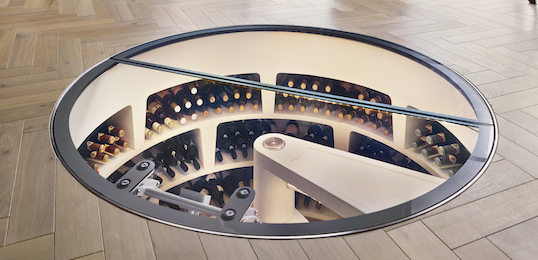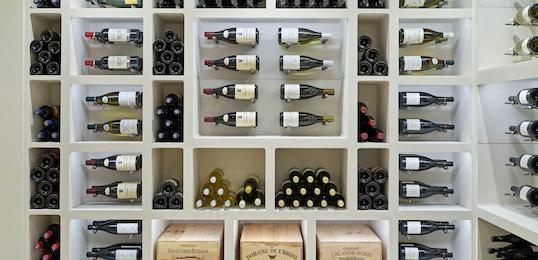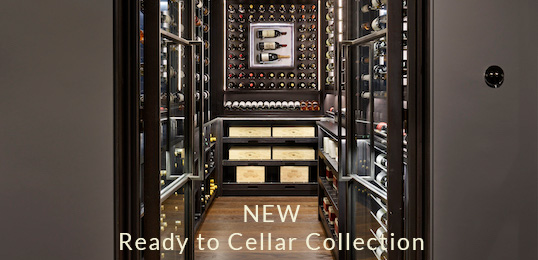The world of wine has changed more in the last 40 years than at any time in its history. That may sound like an exaggeration, a journalistic ploy to grab your attention, but it’s true. As recently as the early 1970s, Chardonnay was almost unheard of Down Under and in California, South Africa was dominated by backward-looking cooperatives, Sauvignon Blanc didn’t exist in Marlborough, the Douro didn’t make top table wines, Sicily and the Languedoc weren’t on the radar, Priorat didn’t exist and Argentina specialised in old-fashioned reds with names like Aberdeen Angus and Trumpeter. You see what I mean… Arguably the biggest change of all has been the improvement in the average quality of the wine we drink. There’s still too much bad wine around, but far less than there was in 1970, thanks to better viticulture and the widespread use of stainless steel tanks and temperature controlled fermentation. Commercial wine tastes better today than ever before, with more immediate fruit flavours and far fewer faulty bottles.
“As recently as the early 1970s, Chardonnay was almost unheard of Down Under…” Much of the credit for this belongs to the New World (shorthand for the United States plus the wine-producing countries of the southern hemisphere), which has brought a combination of innovation, marketing nous and scientific rigour to the wine scene.
The rise and rise of the New World is one reason why the quality of branded wines has improved, too. The likes of Hirondelle, Corrida, Veuve du Vernay, Mateus Rosé, Black Tower and Piat d’Or (remember them?) have lost ground to, or been replaced by, superior New World upstarts such as Jacob’s Creek, Montana, Concha y Toro, Argento, Kumala and E&J Gallo. It hasn’t all been one -way traffic, mind you. Facing intense competition, the Old World has hitched up its winemaking socks. The result? The on-going transformation of European warm climate areas, such as La Mancha, Sicily and the Languedoc-Roussillon, which were previously dismissed as suitable only for lowly bulk production (or worse, compulsory EU distillation). Its marketing and branding have improved too, to embrace an element of fun and self-mockery. Fat Bastard, Arrogant Frog and Kiwi Cuvée are all European brands. European fine wine, meanwhile, which has always been the best in the world, has got better still. It’s partly a matter of warmer autumns, of which more later, but the qualitative shift has also been made possible by lower yields and later picking in the vineyard, better winemaking and investment in new technology. Even a region like Burgundy, once regarded as the fine wine equivalent of the roulette wheel, has found new levels of consistency. The bad years are, as it were, less bad now.
A further area in which Europe has led the way has been in the, spread of organic practices in the vineyard. Rejecting artificial insecticides, pesticides and fertilisers, producers have adopted alternative, eco-friendly methods to make more “natural wines”. Neil Palmer of organic specialists Vintage Roots
(www.vintageroots.co.uk) estimates that 90% of the world’s organic vineyards are in Europe, with France and Italy in the vanguard. Even wineries that are not officially registered as organic by one of the many certification bodies are generally greener today than they were 40 years ago, switching to more sustainable practices. Bio-dynamics, the so-called “spiritual science” of anthroposophy invented by the
Austrian philosopher Dr Rudolf Steiner, has also become an important trend in European vineyards. The system, which is based on the use of special preparations and planetary movements, is dismissed as “voodoo viticulture” by some of its critics, but there’s no denying that many of Europe’s best winemakers are convinced that it helps them to make more interesting wines with a pronounced sense of place. In some ways, it provides a connection with the past, to a time when grape growing and winemaking were based on empirical observation rather than hard science. Not everything has been turned on its head in the last 40 years.


